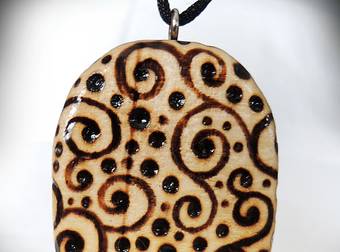Tanzania is an extremely impoverished country in Eastern Africa. Though there are a wealthy few, the majority of Tanzanians must work several jobs in order to barely feed their families. That is why many Tanzanians turn to crime in order to make money.
The most atrocious of these desperate crimes is the mutilation of albino citizens. There are people that sell their limbs to witch doctors for a pretty penny. Recently, it’s been rumored that politicians and the wealthy are involved in this horrendous trade.
To the Tanzanians, albinos are seen as cursed beings. In the past, families were encouraged to kill their albino young as swiftly as possible.
Albinism is a hereditary condition that causes the absence of pigment in the skin, hair, and eyes. Experts say the genetic trend is often linked to inbreeding.
In Tanzania, 1 in 1,400 people have albino skin. In the West, the numbers are 1 in 20,000.
Witch doctors believe that albino body parts used in potions can bring power and success. Miners bury the limbs in hopes that they will bring them good luck in finding gold.
Albino children are often the victim as they are easy to apprehend. Witch doctors also they that their innocence increases the value of the limbs.
Albino citizens aren’t in danger of JUST losing their limbs, though. Black markets in Tanzania have been known to sell albino genitals, bits of skin, ears, tongues, eyes, and sometimes just the whole head.
Fishermen often weave albino women’s hair into their nets in hopes of catching more fish.
The witch doctors also believe that the louder an albino screams during an amputation, the stronger the resulting potion will be.
Sometimes, it’s the parents of albino children that mutilate these innocents in exchange for money.
Cultural experts predict that in the upcoming Tanzanian election season, the demand for albino parts will rise as the politicians seek favor from the witch doctors to bring them a good turnout.
Recently, the Tanzanian government has outlawed all of the witch doctors who accept albino body parts. This is a good step, but critics worry that the wealthy clients who buy them are still at large and will find other means of getting their good luck charms.
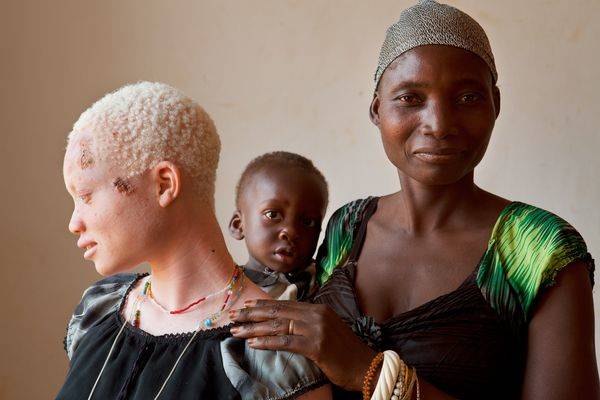 share
share
 share
share
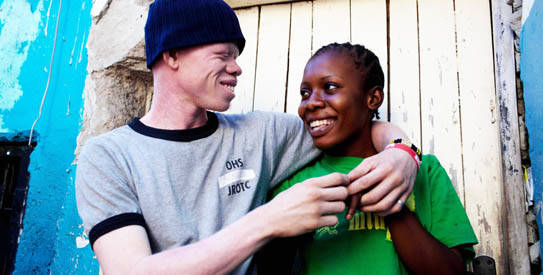 share
share
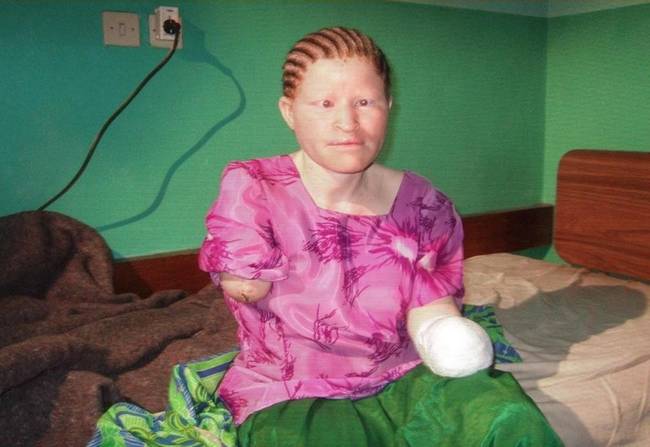 share
share
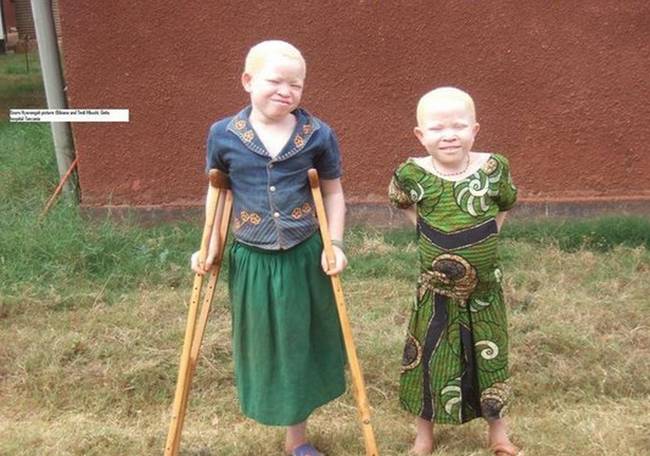 share
share
 share
share
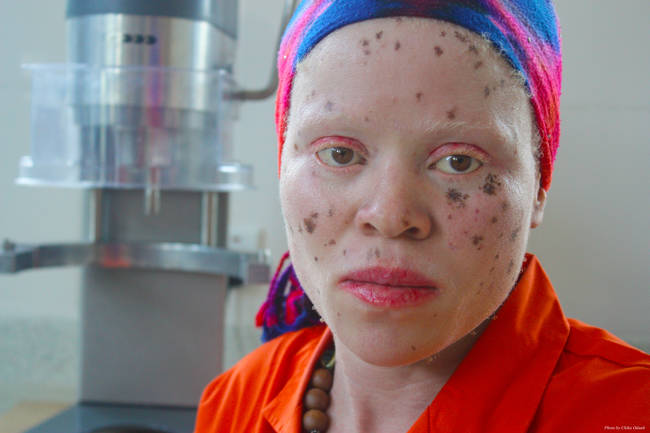 share
share
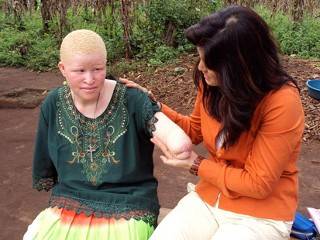 share
share
 share
share
 share
share

